 |
 |
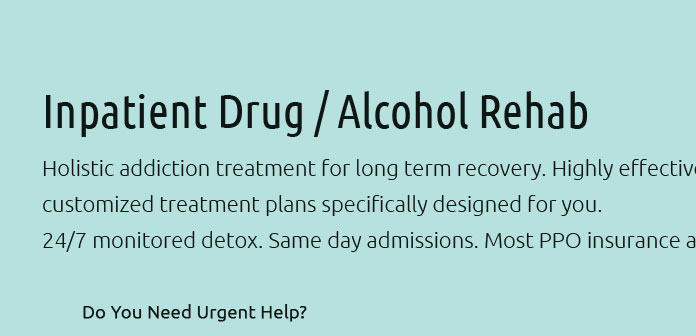 |
 |
 |
 |
||
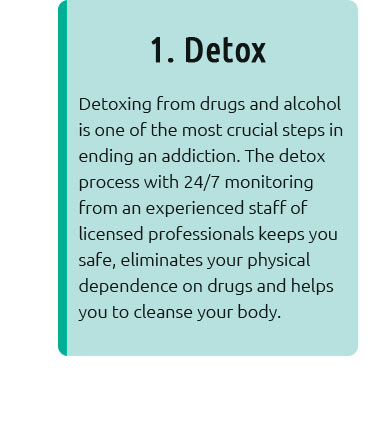 |
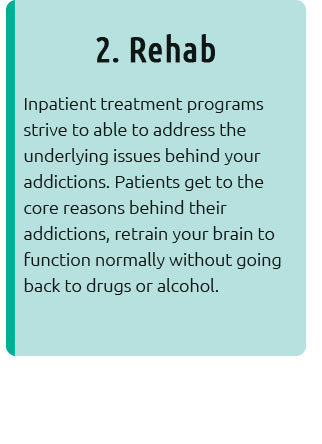 |
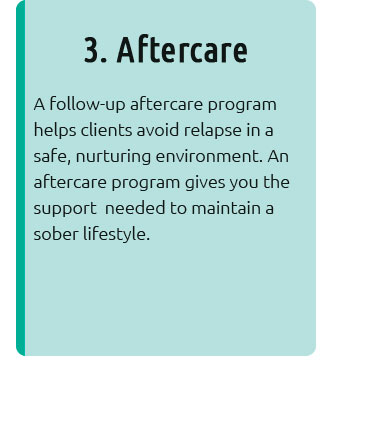 |
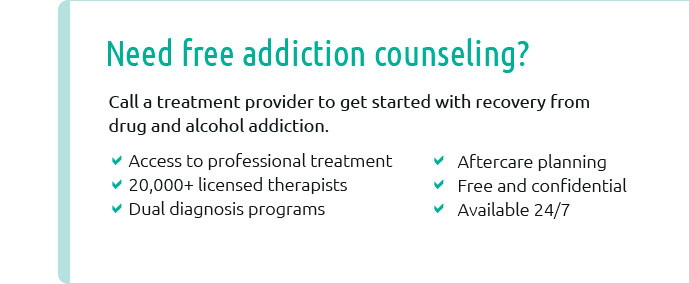 |
 |
 |
 |
||
 |
||
 |
||
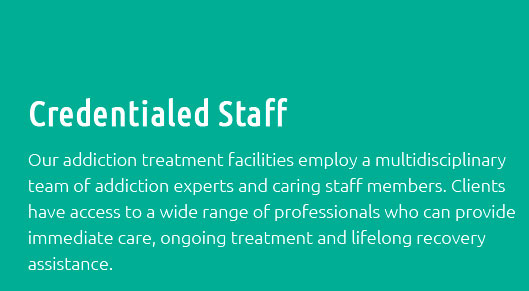 |
 |
 |
|
 |
|
|
Discover a transformative journey at our inpatient drug and alcohol rehab, where our cutting-edge residential treatment program is designed to empower your recovery with unwavering support and innovative therapies; here, you don't just break free from addiction-you redefine your life, surrounded by a community that champions your success every step of the way, ensuring you emerge stronger, more resilient, and ready to embrace a future of limitless possibilities.
https://www.mcleanhospital.org/news/specialty-residential-programs-serve-national-resource-patients-and-clinicians
Each year, McLean Hospital serves nearly 1,000 patients in its specialty psychiatric and substance misuse residential treatment programs. Of ... https://lindnercenterofhope.org/blog/is-a-residential-treatment-center-the-right-choice/
A residential treatment center provides intensive, comprehensive assessment and care for individuals dealing with complex mental health and/or addiction issues. https://www.psychologytoday.com/us/treatment-rehab/ma/cambridge?category=short-term-30-days-residential
Greater Boston Addiction Centers is here to help. Our substance abuse rehab programs provide daytime outpatient and evening intensive outpatient drug treatment ...
|